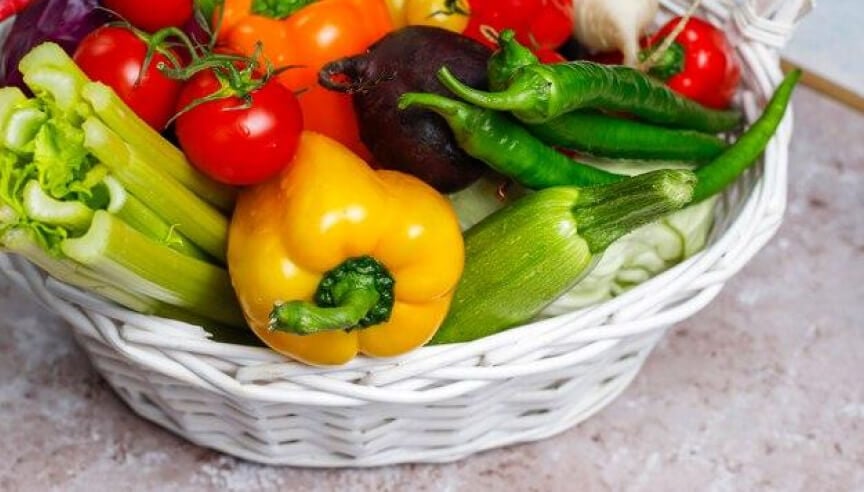Recent Posts
Vegetable Farms in the UAE

Vegetable Farms in the UAE: An Overview
The United Arab Emirates (UAE) is known for its desert landscapes, but in recent years, it has also become a hub for innovative agriculture, particularly vegetable farming. Despite the harsh climate, several farms have emerged across the UAE, producing a variety of vegetables to meet local demand and reduce dependence on imports.
Major Vegetable Farms in the UAE
- Al Dahra Agriculture:
Based in Abu Dhabi, Al Dahra is one of the largest agricultural companies in the UAE. It operates several farms that grow vegetables such as tomatoes, cucumbers, and leafy greens. Al Dahra uses advanced farming techniques, including hydroponics and greenhouse farming, to optimize production in the arid environment. - Emirates Hydroponics Farms (EHF):
Located in Al Bahia, near Abu Dhabi, EHF specializes in growing vegetables using hydroponic systems. This method allows them to produce high-quality, pesticide-free vegetables, including lettuces, herbs, and tomatoes, with minimal water usage. - Madar Farms:
Based in Dubai, Madar Farms focuses on vertical farming and hydroponics to grow vegetables in controlled environments. They produce a variety of greens and herbs, utilizing sustainable practices that minimize the environmental footprint. - Elite Agro LLC:
Operating several farms across the UAE, Elite Agro LLC grows a range of vegetables such as capsicum, eggplant, and zucchini. They use both traditional farming methods and advanced technologies like greenhouse farming to ensure year-round production. - Greenheart Organic Farms:
Located in Sharjah, Greenheart Organic Farms specializes in organic farming, producing a wide variety of vegetables. They prioritize sustainability and use natural farming methods to grow their produce, catering to the health-conscious segment of the market.
Water Sources for Vegetable Farming in the UAE
Water is a critical concern for farming in the UAE, given the country’s limited freshwater resources. The main sources of water for vegetable farms in the UAE are:
- Desalinated Water:
Desalination is the primary source of fresh water in the UAE. The country has invested heavily in desalination plants, which convert seawater into fresh water. This water is then used for various purposes, including agriculture. Although desalination is energy-intensive and expensive, it provides a reliable water source for farms. - Treated Wastewater:
Treated wastewater, also known as recycled water, is increasingly being used for irrigation in the UAE. This water undergoes purification processes to remove contaminants and is then used for agricultural purposes. Utilizing treated wastewater helps to conserve the country’s limited freshwater resources. - Groundwater:
Although over-extraction has led to depletion and salinity issues, groundwater is still used by some farms, especially those in more remote areas. The government is encouraging farmers to reduce their reliance on groundwater and shift to more sustainable sources like treated wastewater. - Hydroponics and Controlled Environment Agriculture:
Many farms in the UAE use hydroponics and controlled environment agriculture (CEA) systems, which significantly reduce water usage compared to traditional farming methods. These systems recirculate water, minimizing wastage and ensuring that plants receive the exact amount of water needed for growth.
Vegetable farming in the UAE is a testament to the country’s ability to innovate and adapt to its challenging environment. Through the use of advanced technologies and sustainable practices, these farms are able to produce fresh vegetables while conserving water resources. As the UAE continues to develop its agricultural sector, these farms will play a crucial role in ensuring food security and reducing the environmental impact of food production.
